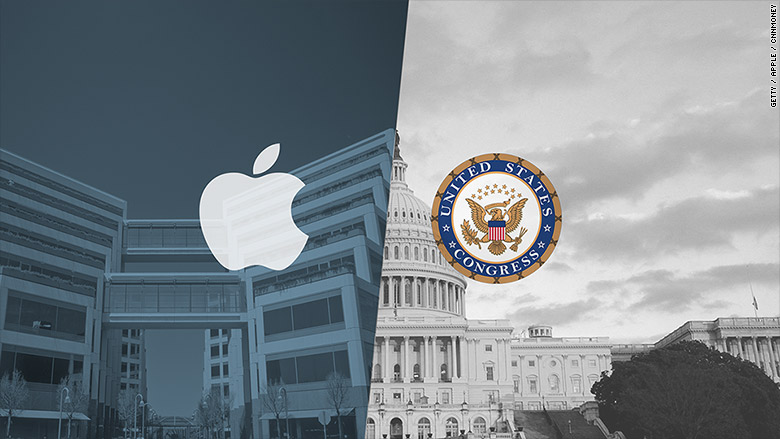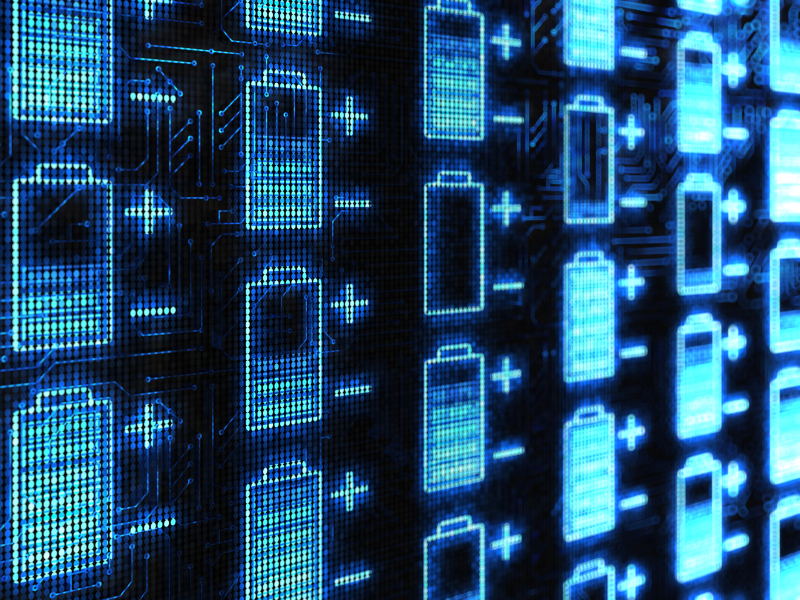Earlier this year, Apple was approached by the FBI to unlock an iPhone that was used by one of the attackers who killed 14 innocent people in San Bernardino, California last December. In February, a judge ordered Apple to unlock Syed Rizwan Farook’s phone causing massive uproar and concerns over individuals’ security.
Apple CEO did not take the order lightly and published a letter arguing against the enforcement stating that a back-door would compromise the encryption of millions of other Apple iPhone users. While most people within the technology industry agreed that this act of weakening encryption would help the government, they were also in agreement that it will also make customers more vulnerable to hackers. They were not wrong either. Just recently, the NSA has been hacked and has its exploits divulged online. It seems their stance that secrets never get out is not quite true.
–
In March, the government backed down from its battle with Apple after investigators had advised they had found another way to unlock the shooters phone through the help of a third party. The details of how the FBI did this has not been disclosed and probably never will be. This is just another fine example of how technologies and techniques get developed and used by the government but never make it to companies or consumers. Although there are some guidelines around how the government should deal with vulnerabilities and is laid out in the Vulnerabilities Equities Process, they may sometimes be overlooked.
More News To Read











